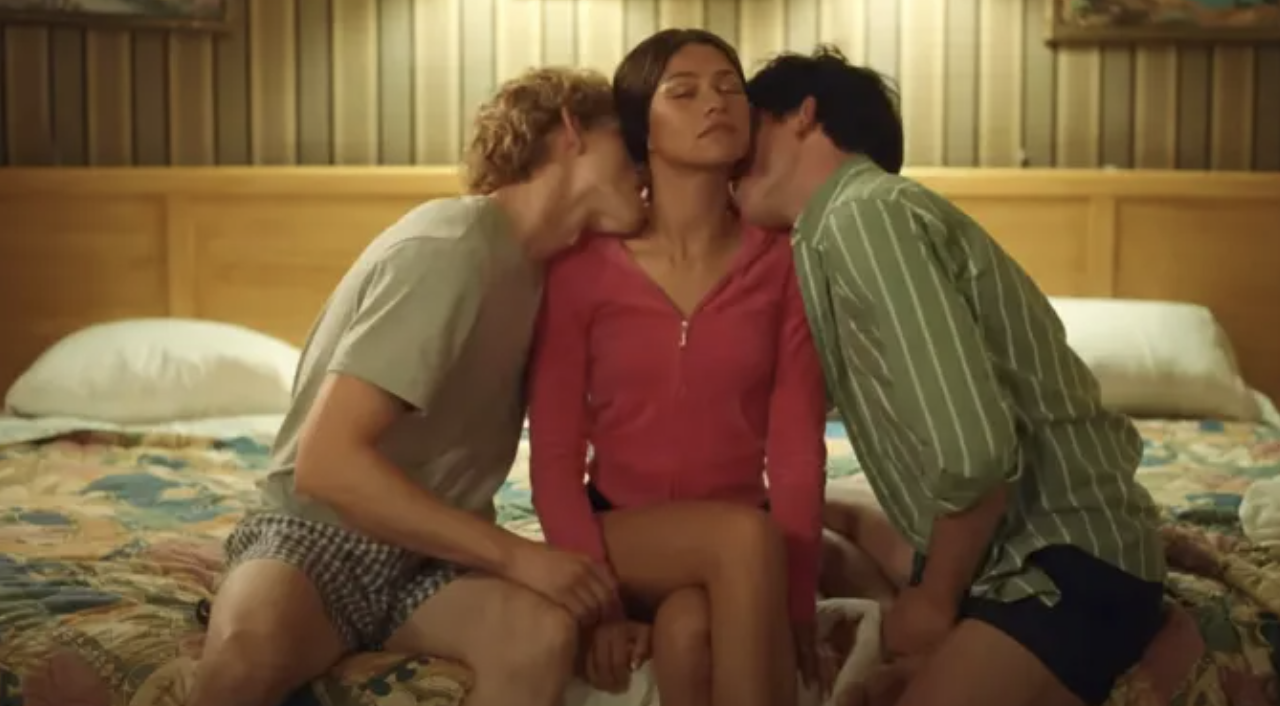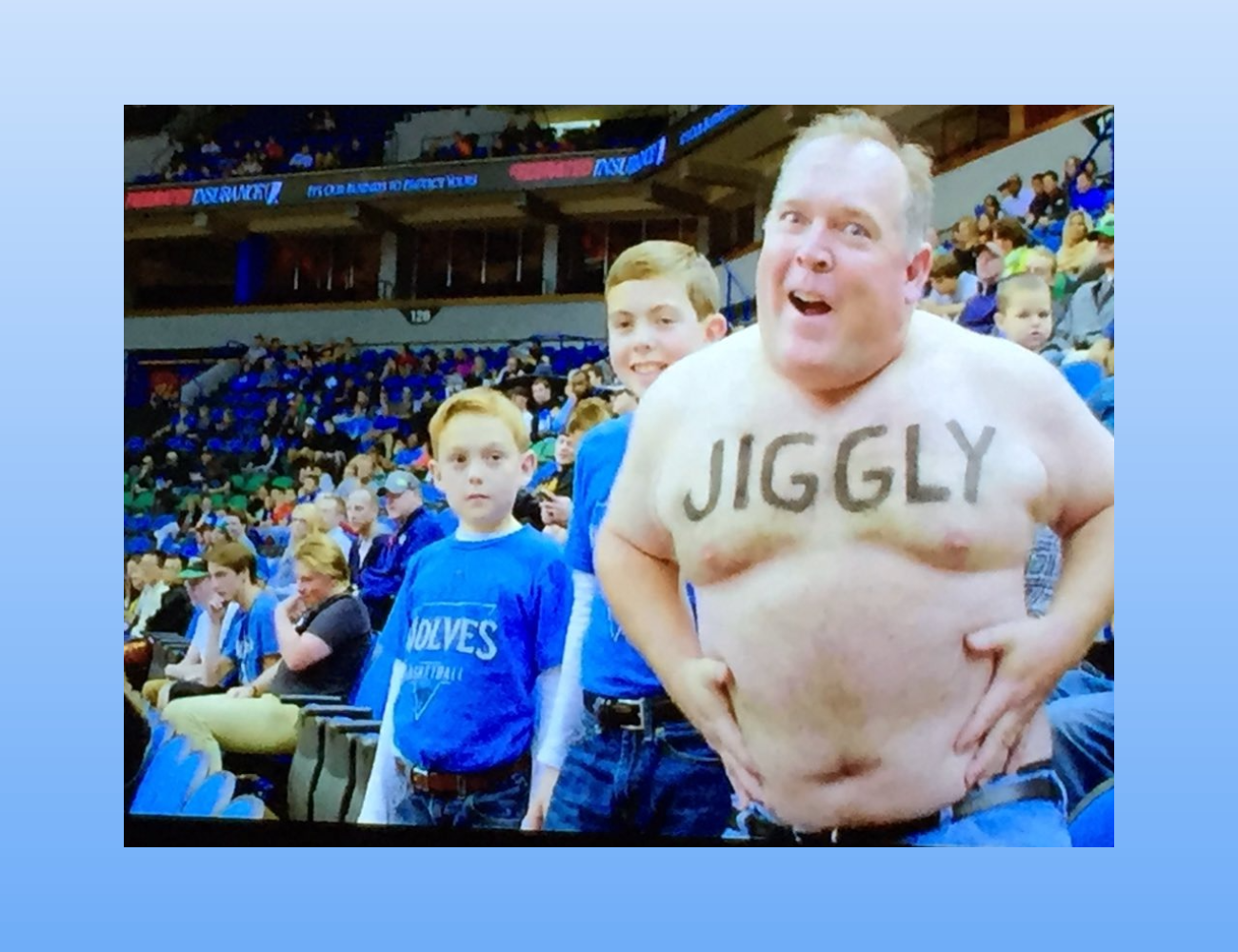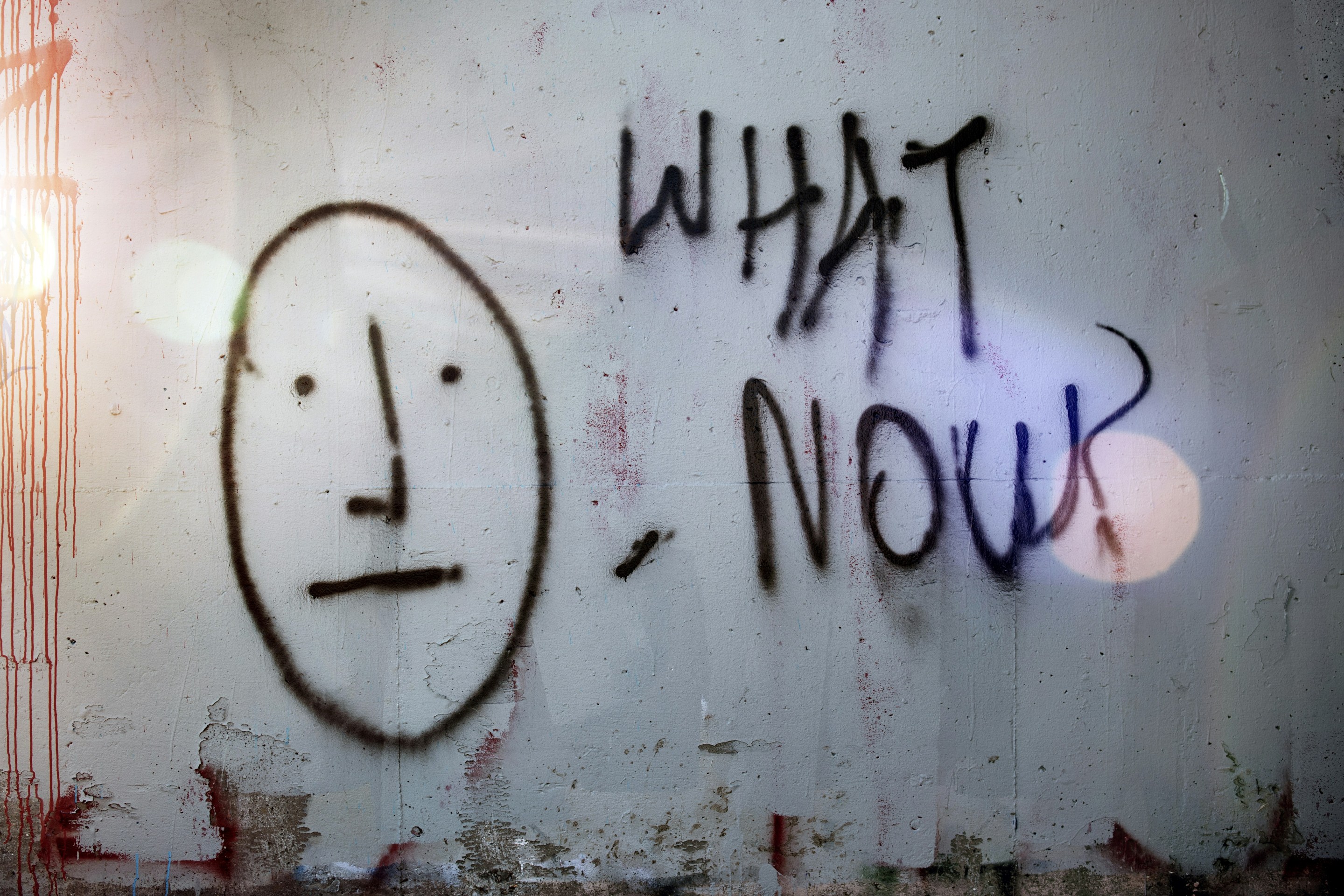Luca Guadagnino is the kind of mildly pervy Euro auteur who understands that while we’ve all got Pornhub on our phones, even the most depraved among us gets a naughty little thrill from watching cute Hollywood actors go gay for pay. With Challengers, Guadagnino has concocted a sort of Jules et Jim for les enfants de TikTok et PRIME sports drinks, and if you thought Timothée Chalamet and Armie Hammer getting freaky with a peach in Call Me By Your Name was racy, here two boys kiss a girl at the same time—and then they kiss each other! While she watches!
If that’s tamer than you expect from what we’ve all been less-than-accurately calling “the Zendaya threesome movie,” well, Challengers is more sexed-up than carnal. Much of the foreplay is verbal; most everything these characters say and do seems a come-on, and the sexual tensions are more often worked out on the tennis court than in bed. Justin Kuritzkes’s screenplay leans heavy on both sex-as-sports and sports-as-sex metaphors, and in none-too-subtle ways. But then any film that uses Trent Reznor and Atticus Finch’s techno score to turn each rally into a Mortal Kombat bout and employs tennis ball POV shots is cheerfully flaunting its scorn for subtlety.
As Tashi Duncan, a former tennis prodigy and, to quote one admirer, “the hottest girl in the world,” Zendaya is the apex of our love triangle. When we first see her, it’s 2019, and she’s dead center in the stands, watching her husband, tennis star Art Donaldson (Mike Faist), battle it out in something called the Phil's Tire Town challenger tournament in New Rochelle with a struggling, aging, unranked player named Patrick (Josh O’Connor).
Through flashbacks, we learn that Art entered this low-stakes tournament, at Tashi’s encouragement, to build up his confidence. That he and Patrick were buds since boarding school, where the former taught the latter how to jerk off. That both fell for Tashi, but Patrick dated her first. That an on-court injury ended Tashi’s career. That after Tashi broke up with Patrick she married Art and became his coach and manager. That, to put it mildly, there are more than a few unresolved issues in the air here at ol’ Phil’s Tire Town.
There’s something sneaky yet also seductive in how Challengers parsimoniously holds back information to jazz up a rather straightforward plot. Justin Kuritzkes’s screenplay bounces back and forth through time like a ball over a net—a simile I’d apologize for if I wasn’t sure the filmmakers had thought of it. And he’s got a way with a phrase: “I’d let her fuck me with a racket,” “You’d have a better shot with a gun in your mouth,” and so forth. (Curiously, Kuritzkes is the husband of writer/director Celine Song, whose Past Lives depicted a more chaste love triangle. In light of Challengers, conspiracy theorists are whispering that maybe that affair was a little more fully consummated in real life than Past Lives let on.)
But if the narrative is splintered, desire is clearly mapped out in Challengers. The human heart has rarely been this transparent. Like a demanding stage mother, Tashi takes out her career frustrations on Art, who codependently loves submitting to her. But Tashi is drawn to Patrick’s desire to win, which is more important to her than being loved. This kind of simple psychology could put therapists everywhere out of business, but it gives Challengers the momentum that carries it right up to its suggestive but unresolved climactic shot.
The first movie star since Clive Owen you can imagine actually stinking of b.o., O’Connor is terrific, whether hooking up with a Tinder date so he doesn’t have to sleep in his car or taunting his less sexually forward pal Art. Faist, who was so electric as Riff in Spielberg’s West Side Story, has the harder role here. He plays both a sympathetic version of the screwball comedy Ralph Bellamy dullard and the traditional role of the long-suffering wife at home, offering Tashi the promise of a happy life. The gender flip (as well as his own success) means that the win-at-all-costs careerist Tashi can express contempt for him in a way that would seem too odious coming from a man.
And here is the wobbly leg of Challengers’ tripod. The film occasionally wants us to remember that there’s a real marriage at stake here, with a child, that there are higher stakes than who wins the match and whose ego is stroked. And then the fizzy premise—what if both of a woman’s options in a romcom are duds but they’re perfect for each other?—flattens into a domestic melodrama. It would take some kind of star to blast past these tonal contradictions. And if Zendaya is much of what’s right about Challengers, she’s also what’s not right enough.
This is Zendaya’s movie (quite literally—she has a production credit, and that’s her personal assistant Darnell Appling playing the umpire at the pivotal match). And what Guadagnino gets about her as a performer is that she excels as an observer, a judgmental force that doubles as a relatable audience surrogate.
As Chani in Dune, she registered how we’re supposed to feel about Paul. As Rue in Euphoria, she’s the narrator sharing perspectives on her fucked-up acquaintances. Here she spends a considerable amount of time sitting in the stands watching tennis, with a rapt aggression that keeps us focused on her. And she exercises her big dramatic move: the snap judgment. When those condescendingly amused eyes narrow and harden, and that sardonic grin distorts itself into a judgmental pout, you know what’s up. You have failed Zendaya.
But there are limits to that judgment. When Tashi tells Patrick, late in the film, “I'm taking such good care of my little white boys,” it’s such a jarring note because the rest of Challengers has tiptoed around race so carefully. Part of Zendaya’s charm, onscreen and off, is that she’s a Black woman who moves effortlessly through a white world. She renders her verdict on us white folk severely, but never according to our race, only by, you know, the content of our character. The line is a hint at how Challengers could have cut deeper, but would have required Zendaya to adjust her persona.
And let’s not underplay her success: She’s a 27-year-old Black woman who can carry a relatively artsy film to number one, even with a paltry $15 million opening weekend. (“Wait till it streams!” the Amazon suits remind us.) “Is Zendaya the Leading Lady We’ve Been Looking For?” a recent New York Magazine story wonders (uh, who’s “we”?), and in it critics Matt Zoller Seitz and Angelica Jade Bastién play point/counterpoint in their characteristic critical modes. That is, he affirms a bit too credulously (elsewhere he’s compared Zendaya to Julia Roberts, Tom Cruise, and Will Smith and gushed over her “coiled ferocity that complicates and belies her outward presentation of waifish international glamor”), while she a bit too skeptically dissents (“she doesn’t bring sexual heat”). But it’s safe to say the film industry wants us to agree with Zoller Seitz.
Zendaya is pretty darn personable and the camera loves her, and it’s bold of her to undercut her relatability by playing such a bitch here. But there’s something of the fashion model’s posture to her confidence, and a flatness to her characterization—she’s all impulse and response. She may now be a bankable entity, which is all we mean by “star” anymore, but she’s yet even to hint at what potential she might grow into as an actor. While Vogue called her "unknowable," in a bit of puff-piece autotext, surely her appeal is her utter scrutability. And from her body language to her mannerisms, she still reads as a teen—Challengers asks us to believe she’s in her 30s for much of the film when I can hardly remember she’s actually in her late 20s IRL.
Still Challengers allows us to postpone any hard questions about Zendaya because its pleasures are all so wonderfully superficial. As Tashi convinces Art and Patrick that they’ve got the hots for each other, or the two boys share a churro (a churro!) in the Stanford cafeteria, wiping sugar from each other’s faces, I could only think, you kids don’t know how good you’ve got it. Why in my day, we had to go to grad school, study Eve Kosofsky Sedgwick, and learn to read homosocial desire into seemingly “straight” fictions. What once was subtext is now reflected vividly in Zendaya’s shades.
Challengers is now showing in area theaters.
GRADE: B+





